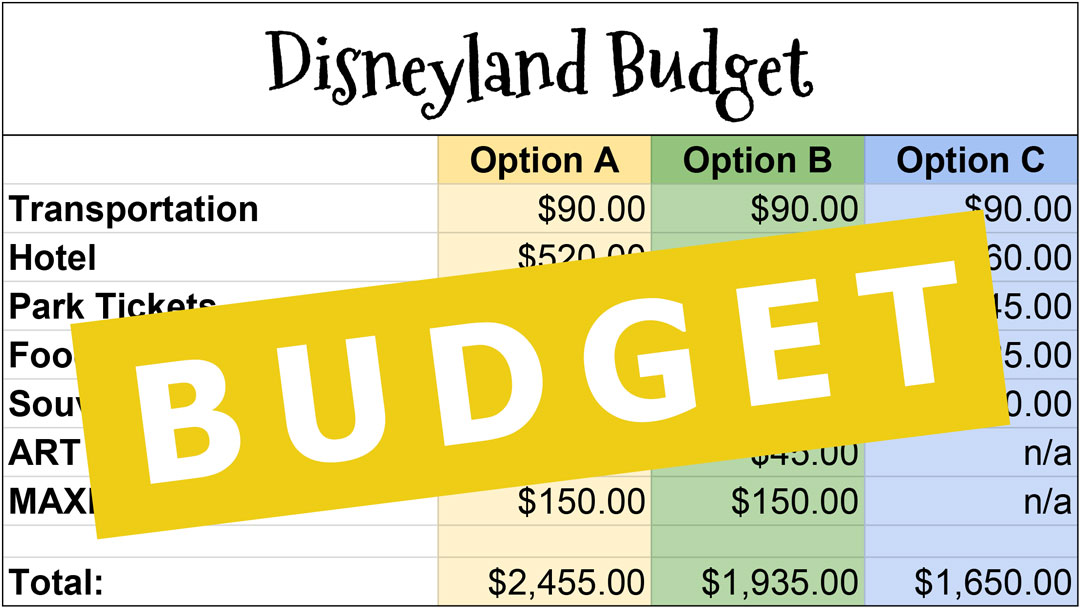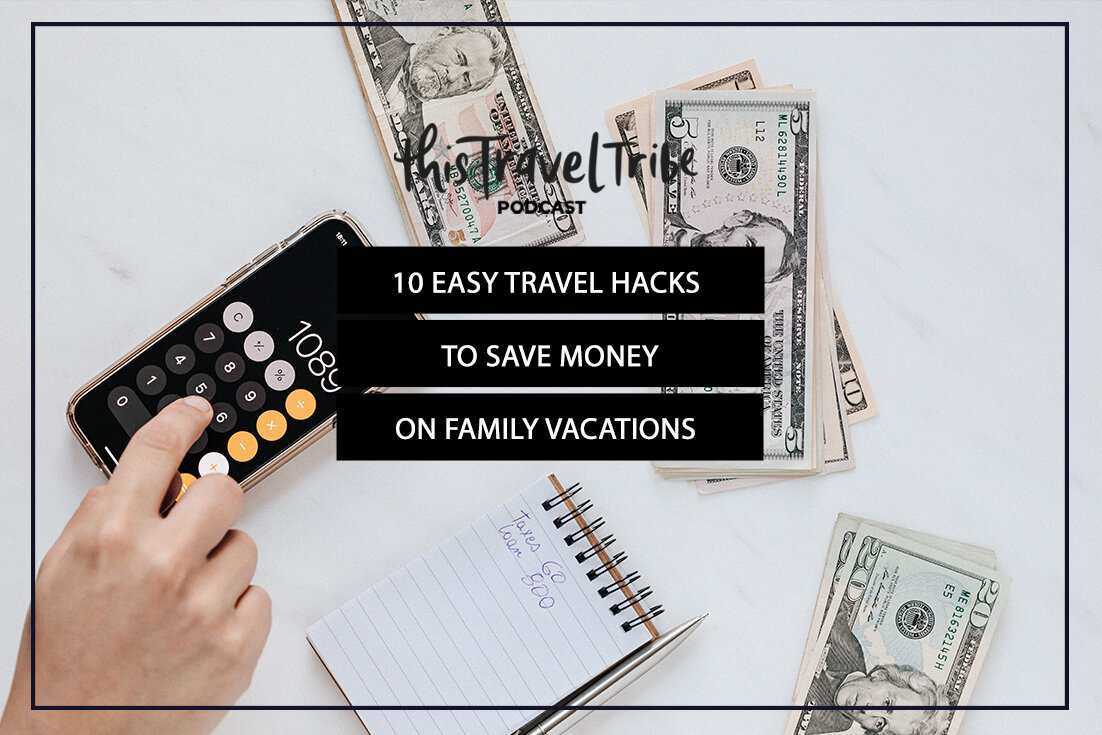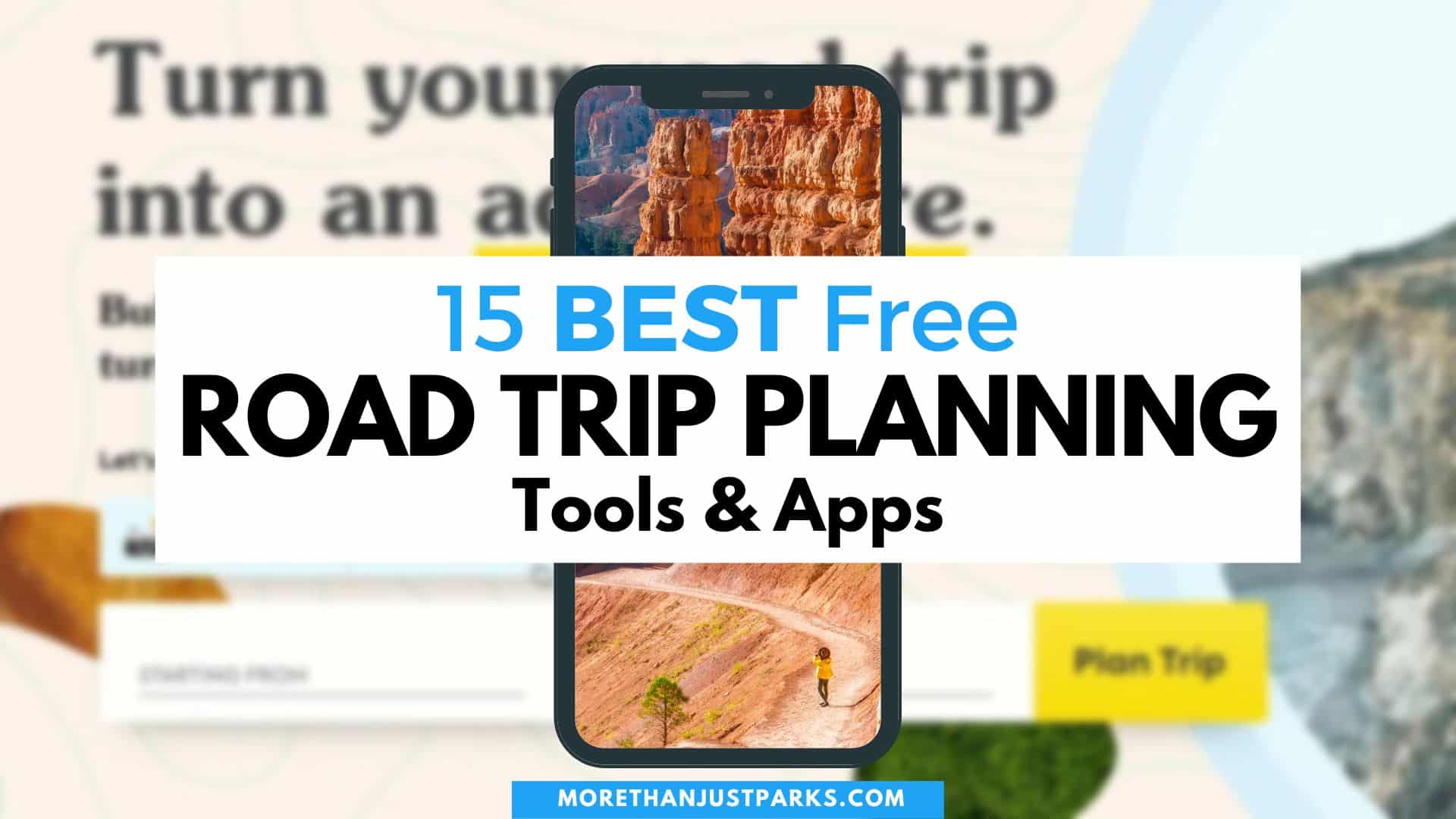How to Plan a Budget-Friendly Vacation

Anúncios
Planning a vacation can be an exhilarating experience; however, it frequently raises concerns regarding costs.
By implementing appropriate strategies, individuals can enjoy an exceptional getaway while maintaining financial prudence.
This guide outlines crucial steps for establishing a budget, selecting an ideal destination, and securing affordable transportation and accommodation.
Additionally, readers will find information on budget-friendly activities, dining suggestions, and further money-saving strategies to ensure that their trip is both enjoyable and economical.
Anúncios
Prepare to explore the principles of traveling wisely.
Setting a Budget for Your Vacation
Establishing a budget for your vacation is an essential aspect of the travel planning process that enables effective management of expenses and ensures a fulfilling experience without financial strain.
By assessing your financial capacity, you can allocate funds to various elements such as accommodation, transportation, meals, activities, and souvenirs, while also reserving a portion for unforeseen expenses.
This thorough approach to budgeting not only enhances the travel experience but also fosters prudent financial planning that can positively impact your overall lifestyle.
Determining Your Budget Limit
Determining an appropriate budget for a vacation necessitates a thorough evaluation of one’s financial circumstances, including income, savings, and current expenditures. This careful assessment ensures that adequate funds are allocated for travel without jeopardizing overall financial stability.
To effectively analyze your financial situation, it is advisable to begin by tracking monthly expenses, which will provide valuable insights into spending patterns. Utilizing budgeting applications or straightforward spreadsheets can facilitate the categorization of both essential and discretionary costs.
After establishing a comprehensive understanding of your finances, it is important to consider your savings objectives in conjunction with your travel aspirations. Aligning these elements can lead to the development of a realistic and achievable vacation plan.
Setting budget limits that reflect personal preferences while also adhering to overarching financial goals enables individuals to enjoy travel experiences without the anxiety associated with overspending. Prioritizing destinations and activities that hold the most significance ensures that every dollar spent contributes to the creation of meaningful memories.
Choosing a Destination
Selecting a vacation destination is both an exciting and challenging component of travel planning, as it involves a range of factors including personal interests, budget constraints, and seasonal considerations. These elements ultimately shape the experiences one seeks during the journey.
Whether the goal is to find relaxation on a beach, embark on an adventure in nature, or engage in cultural immersion within a vibrant city, the appropriate destination can significantly enhance the creation of lasting memories.
Conducting thorough research on various locations, assessing travel costs, and evaluating local attractions are essential steps in refining options and identifying the ideal place to explore.
Factors to Consider
When selecting a destination for your vacation, it is important to consider several critical factors, including your travel budget, preferred activities, local attractions, cultural experiences, and seasonal weather conditions, all of which can significantly influence your overall experience.
It is essential to assess the travel costs associated with reaching your chosen location; this includes not only airfare or fuel expenses but also transportation options available upon your arrival.
The availability of accommodations is another crucial aspect, as a variety of options ranging from luxury hotels to budget-friendly hostels can greatly affect your stay.
Furthermore, exploring the local cuisine can enhance your travel experience by allowing you to savor authentic flavors unique to the region.
By considering potential activities in advance—whether it involves exploring nature, engaging in adventure sports, or visiting historical sites—you can ensure that your vacation is a memorable one, tailored to the diverse interests and expectations of your travel group.
Saving Money on Transportation
Cost-saving on transportation is a crucial component of effective vacation planning, as transportation expenses can frequently account for a substantial portion of the overall travel budget, thereby influencing overall expenditures and financial comfort throughout the trip.
Evaluating various modes of travel, such as flights, trains, buses, or car rentals, provides a spectrum of options that can accommodate diverse financial situations and preferences.
By employing travel strategies, conducting thorough research for discounts, and considering alternative accommodations in proximity to public transportation, one can optimize savings, allowing for greater allocation of funds towards activities, dining, and experiences during the vacation.
Tips for Finding Affordable Flights and Transportation
Finding affordable flights and transportation options is crucial for adhering to one’s travel budget. With thorough research and careful planning, individuals can secure excellent deals that significantly reduce overall travel expenses.
To achieve this, travelers should take advantage of various travel applications, such as Skyscanner and Google Flights, which facilitate comprehensive comparisons among different airlines and travel dates. Setting fare alerts is also an effective method for staying informed about price reductions, thereby maximizing the opportunity to book when fares are at their lowest.
Additionally, exploring alternative airports and maintaining flexibility with travel dates can yield substantial savings; for instance, flying mid-week often results in considerably lower fares.
Moreover, considering the combination of transport methods, such as trains or buses, can further enhance journey affordability, contributing to overall savings while ensuring a comfortable travel experience.
Accommodation Options on a Budget
When traveling on a budget, it is essential to select the appropriate accommodation to effectively manage expenses while ensuring a comfortable and enjoyable stay.
There are numerous options available, ranging from hotels and hostels to vacation rentals and alternative lodging options such as Airbnb, catering to various preferences and price points.
By exploring user reviews, seasonal travel trends, and special deals, travelers can identify accommodations that align with their financial plans. This strategic approach allows for the allocation of additional resources towards meals, activities, and local attractions during the vacation.
Hotels, Hostels, and Alternative Accommodations
Hotels, hostels, and alternative accommodations each present distinct advantages and disadvantages that can significantly influence a traveler’s experience and budget. Therefore, it is crucial to evaluate these options thoroughly prior to making a reservation.
Hotels generally provide a wide array of amenities, including room service, fitness centers, and swimming pools; however, these features often come at a higher cost, which may deter budget-conscious travelers. Conversely, hostels offer a more economical option, typically featuring dormitory-style rooms and shared facilities that foster social interaction among guests.
Alternative accommodations, such as vacation rentals or glamping sites, provide a combination of privacy and unique experiences, frequently equipped with kitchen facilities and local insights.
This diversity in lodging options enables travelers to select an accommodation that aligns with their specific preferences, whether they prioritize cost savings, community engagement, or a more personalized stay.
Budget-Friendly Activities and Attractions
Participating in budget-friendly activities and attractions is an effective strategy for experiencing a destination without incurring excessive expenses, ultimately contributing to a more enriching vacation experience.
By prioritizing local attractions, seeking free or low-cost options, and researching upcoming events during one’s stay, travelers can uncover hidden gems that embody the culture, leisure, and recreational opportunities of their selected destination.
Developing an itinerary that encompasses a blend of sightseeing, outdoor adventures, and cultural experiences will enable travelers to optimize their travel experience while maintaining a prudent approach to budgeting.
Ways to Save on Entertainment and Sightseeing
Saving on entertainment and sightseeing during a vacation can significantly enhance the overall travel experience while maintaining a budget. This strategic approach allows travelers to allocate funds toward other enjoyable aspects of their trip.
To achieve this, travelers can explore a variety of strategies aimed at maximizing savings without compromising on enjoyment. Utilizing travel applications such as Groupon or Hotwire not only provides access to current discounts but also facilitates easy comparisons among different attractions and activities.
Furthermore, prioritizing free or low-cost attractions—such as local parks, museums with specific discount days, or community events—can significantly reduce expenses while enriching the travel experience.
Additionally, families or groups may benefit from deals offered through package purchases, further extending their budgets.
Eating on a Budget
Maintaining a budget while traveling is crucial for ensuring overall financial well-being during one’s vacation, as dining expenses can accumulate rapidly and affect savings allocated for other activities.
By considering affordable dining options, such as local street food, casual eateries, and supermarkets, travelers can savor authentic local cuisine without overspending.
Furthermore, conducting research on meal deals, utilizing travel applications, and organizing itineraries around local dining experiences can enrich culinary experiences while adhering to budgetary constraints.
Tips for Affordable Dining Options
Identifying affordable dining options while traveling is a crucial strategy for managing food expenses. With thorough research, travelers can discover delightful local cuisine that aligns with their budget.
By utilizing well-known applications that specialize in dining deals, travelers can efficiently locate restaurants offering promotions and discounts. For example, platforms such as Yelp and Groupon frequently feature user reviews alongside exclusive savings, enabling food enthusiasts to explore local flavors without overspending.
Additionally, it is advisable to explore street food markets, which often provide an opportunity to experience authentic regional dishes at economical prices. Adventurous diners may also consider participating in food tours or cooking classes, as these experiences can unveil hidden culinary gems that may not be widely known.
Whether it involves a quaint café or a lively food stall, there are always ways to pursue culinary interests without incurring excessive costs.
Additional Money-Saving Tips
Implementing supplementary money-saving strategies during your vacation can effectively extend your budget, facilitating more enjoyable experiences while ensuring adherence to financial constraints.
By utilizing budgeting tools and applications, as well as adopting flexible travel dates and off-peak travel strategies, travelers can identify various methods to reduce expenses without compromising on quality.
Furthermore, proactive planning for activities, meals, and transportation can reveal discounts and deals that enhance the travel experience, resulting in memorable adventures without excessive expenditures.
Strategies for Cutting Costs During Your Vacation
Adopting effective cost-cutting strategies during vacation can significantly enhance the overall experience while maintaining adherence to budgetary constraints, thereby allowing for increased leisure and adventure.
By incorporating techniques such as the utilization of travel rewards programs, discerning travelers can maximize their savings, transforming points into remarkable experiences. Additionally, researching last-minute deals can result in substantial discounts on accommodations and activities, presenting an excellent opportunity for spontaneous adventures without incurring excessive expenses.
Utilizing public transportation not only reduces costs but also immerses travelers in the local culture, providing a unique perspective that traditional tourist experiences often overlook. These budgeting strategies elevate ordinary trips to extraordinary journeys, facilitating the enjoyment of local cuisine, the exploration of hidden gems, and the creation of lasting memories without the burden of financial stress.
Frequently Asked Questions
1. What are some tips for planning a budget-friendly vacation?
Some tips for planning a budget-friendly vacation include setting a budget and sticking to it, choosing affordable destinations, using travel rewards or discounts, and considering alternative accommodations such as Airbnb or hostels.
2. How can I save money on flights for a budget-friendly vacation?
To save money on flights for a budget-friendly vacation, consider booking in advance, being flexible with travel dates, and using flight comparison websites to find the best deals. You can also try to fly during off-peak seasons or opt for budget airlines.
3. What are some ways to save money on transportation during a budget-friendly vacation?
Ways to save money on transportation during a budget-friendly vacation include using public transportation, walking or biking instead of taking taxis, and using ride-sharing services like Uber or Lyft. You can also consider renting a car for longer trips or using apps to find the cheapest gas stations.
4. How can I find affordable accommodations for a budget-friendly vacation?
To find affordable accommodations for a budget-friendly vacation, consider using hotel comparison websites, booking directly with the hotel for potential discounts, or opting for alternative options like vacation rentals, house-sitting, or couchsurfing. You can also look for accommodations in less touristy areas or consider camping for a more budget-friendly option.
5. What are some ways to save money on food during a budget-friendly vacation?
Ways to save money on food during a budget-friendly vacation include cooking your own meals, packing snacks, and choosing local eateries or street food options instead of expensive restaurants. You can also look for happy hour deals or ask locals for their recommendations on affordable dining options.
6. Are there any free or low-cost activities I can do during a budget-friendly vacation?
Yes, there are many free or low-cost activities you can do during a budget-friendly vacation. These can include visiting public parks, beaches, or museums, attending free events or festivals, and taking advantage of outdoor activities like hiking or biking. You can also look for discounted or free entrance fees for popular tourist attractions.


